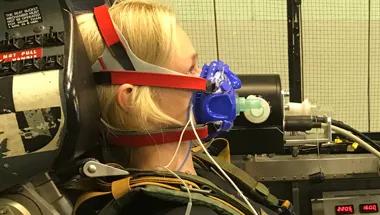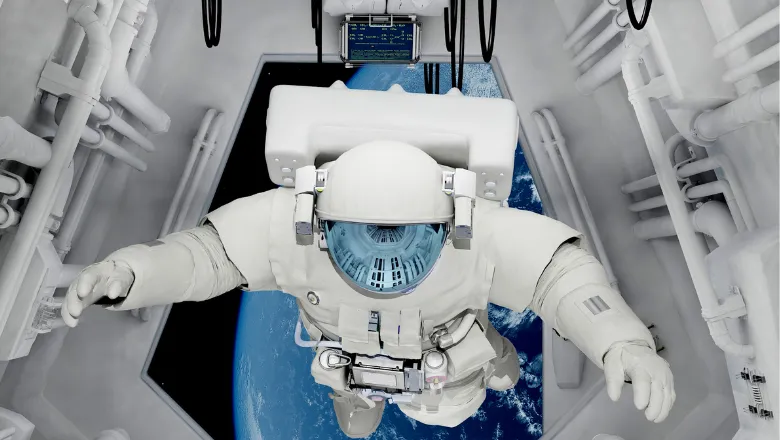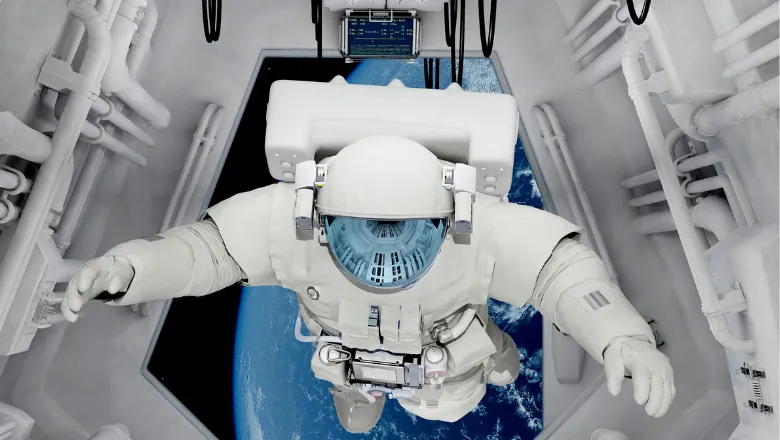
Dr Irene Di Giulio
Senior Lecturer
Research interests
- Biomedical and life sciences
- Neuroscience
Contact details
Biography
Dr Irene Di Giulio is a biomedical engineer and obtained her PhD in human biomechanics and motor control from Manchester Metropolitan University in 2011, under the supervision of Professors Ian D Loram, Constantinos N Maganaris and Vasilios Baltzopoulos. She worked as a postdoctoral researcher at Manchester Metropolitan University and then at the Institute of Neurology, University College London, under the supervision of Professor Brian L Day.
Irene joined the Centre for Human and Applied Physiological Sciences at King’s College London in 2017. She is a lecturer in Anatomy and Biomechanics and leads the Biomechanics laboratory. Irene is a Fellow of the Higher Education Academy and is a member of The Phsyiological Society and The Anatomical Society
Irene’s research focuses on human biomechanics and motor control. She tries to understand how the brain controls movement, in order to develop innovative tools and technologies to support individuals with neuromuscular disorders. Irene also has an interest for the aerospace field and she works in the area of inclusive space travel.
Research

Neural Control of Human Movement
The Neural Control of Human Movement Research Group investigates the relationship between neurophysiological function and human movement.

Aerospace Medicine and Extreme Physiology Research Group
Understanding physiological responses to aviation and space flight and their medical implications.

The Spacesuit Physiology Laboratory (SPL)
Our vision is to be the European leader for human research and technology development and go to place for human research that impacts the system requirements, design, certification, training and operation of spacesuits, vehicles, robotics, and habitats for off-world living and exploration.
News
King's researcher wins bid for new European Space Agency team
The pan-European team will investigate the physiological foundations for sending parastronauts – astronauts with a physical disability – into space.

Events

Lunchtime talk: Accessible Spaceflight with Dr Irene Di Giulio
This talk hosted by Dr Irene Di Giulio, Lecturer in Anatomy and Biomechanics in the Centre for Human & Applied Physiological Sciences at King's College London...
Please note: this event has passed.
Features
Parastronauts in space: what a new space programme can tell us about the way we think of disability
The European Space Agency has been pioneering a new programme for sending parastronauts – astronauts with a physical disability – into space. In support of...

Research

Neural Control of Human Movement
The Neural Control of Human Movement Research Group investigates the relationship between neurophysiological function and human movement.

Aerospace Medicine and Extreme Physiology Research Group
Understanding physiological responses to aviation and space flight and their medical implications.

The Spacesuit Physiology Laboratory (SPL)
Our vision is to be the European leader for human research and technology development and go to place for human research that impacts the system requirements, design, certification, training and operation of spacesuits, vehicles, robotics, and habitats for off-world living and exploration.
News
King's researcher wins bid for new European Space Agency team
The pan-European team will investigate the physiological foundations for sending parastronauts – astronauts with a physical disability – into space.

Events

Lunchtime talk: Accessible Spaceflight with Dr Irene Di Giulio
This talk hosted by Dr Irene Di Giulio, Lecturer in Anatomy and Biomechanics in the Centre for Human & Applied Physiological Sciences at King's College London...
Please note: this event has passed.
Features
Parastronauts in space: what a new space programme can tell us about the way we think of disability
The European Space Agency has been pioneering a new programme for sending parastronauts – astronauts with a physical disability – into space. In support of...

